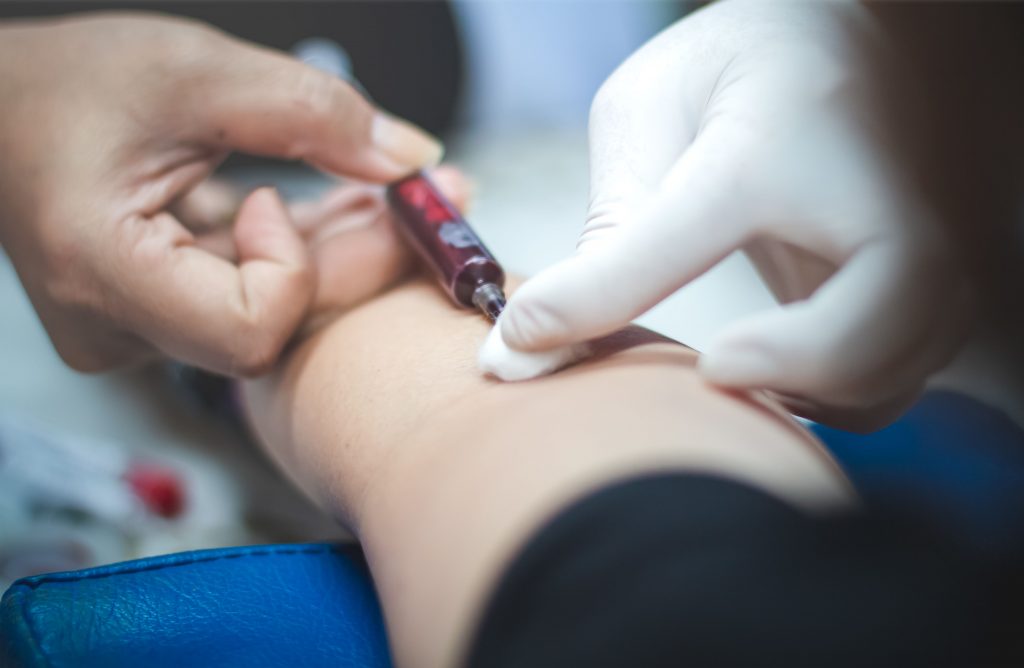
An increasing adult PKU population requires urgent action to avert a severe treatment crisis
In Europe, neonatal screening for Phenylketonuria (PKU) has been introduced over a period of 50 years between 1964 (Belgium) and 2015 (Finland). Until the early 1990s, PKU was known as a paediatric disease. Thanks to timely diagnosis and efficient treatment options, patients have a normal life expectancy. However, the treatment of adults is still neglected even in those countries with the longest screening history. Healthcare systems are not adequately prepared for increasing patient numbers. More and more adult patients lack access to age-appropriate treatment in metabolic centres.
Health systems must urgently ensure adequate and age-appropriate care for all patients.
Health systems must prioritise education and training of metabolic experts.
Health systems must ensure adequate financing.
Patient-centric transition processes from paediatric to adult care must be urgently implemented.
All patients, including adults, require multidisciplinary support and follow up to comply with the dietary restrictions and to avoid or handle associated health or socio-psychological issues. However, the requirements for adult treatment are not comparable to paediatric care. Systematic follow-up is recommended even for those who are off treatment, to avoid unwanted long-term outcomes.
PKU is a rare inherited disorder of protein metabolism. Left untreated, PKU leads to severe intellectual disabilities and physical handicap. Early diagnosed by neonatal screening, these symptoms can be prevented by a lifelong nutritional therapy: with a protein restricted diet and supplementation of amino acids, vitamins and micronutrients, patients can live a normal life and make their contribution to society as full members.
Today there is scientific consensus that PKU treatment is required for life. Over the last 40 years, scientific studies have demonstrated that it is unsafe to stop treatment. Dietary discontinuation during adolescence is associated with poorer outcomes in adulthood regarding intellectual ability, achievement test scores and increased rates of medical and behavioural problems.
